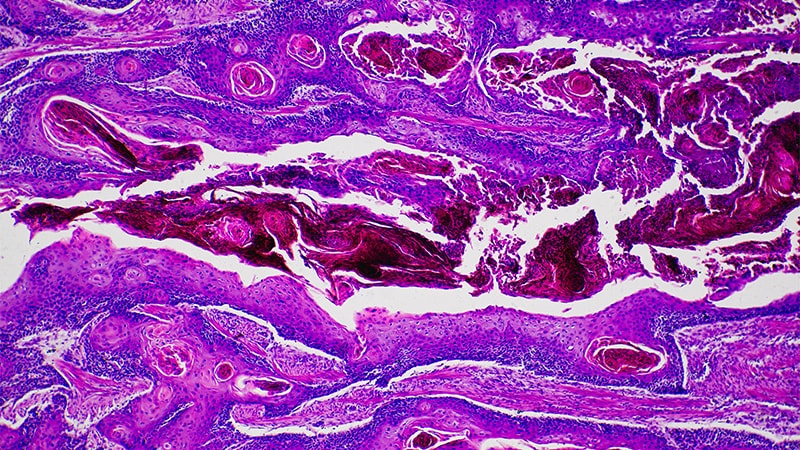NICE has developed guidelines to maximise the safety of children and adults who have gastrointestinal (GI) or liver conditions treated with drugs affecting the immune response during the COVID 19 pandemic. Here, Univadis provides a summary of the key recommendations.
General recommendations
- Communicate with patients and support their mental well-being, signposting to charities and support groups where available.
- Minimise time in the waiting area by:
- careful scheduling;
- encouraging patients not to arrive early;
- texting patients when you are ready to see them, so that they can wait outside, e.g., in their car;
- providing a 'clean route' through the hospital;
- delivering treatment promptly; and
- ensuring prescriptions are dispensed rapidly.
- Advise patients to contact NHS 111 by phone or via the website for advice on COVID‑19.
- For patients with known or suspected COVID‑19, follow government guidance on infection prevention and control.
- If COVID‑19 is later diagnosed in a patient not isolated from admission or presentation, follow UK government guidance on management of exposed health care workers and patients in hospital settings.
- Be aware that worsening GI symptoms and deteriorating liver function could be associated with COVID‑19.
- Patients taking drugs that affect the immune response may have atypical presentations of COVID‑19, e.g., patients taking corticosteroids may not develop a fever.
- Patients with decompensated liver disease may be at higher risk for severe COVID‑19 when taking drugs affecting the immune response.
Modifications to usual care
- Think about how to modify usual care to reduce patient exposure to COVID‑19 and make best use of resources.
- Prioritise core services including:
- urgent inpatient and outpatient review,
- essential face-to-face reviews to manage disease flares and complications,
- advice lines,
- essential infusion services, and
- blood tests for drug monitoring that cannot safely be delayed.
- Defer all non-essential monitoring, surveillance and interventional procedures.
- Only use endoscopy or liver biopsy for urgent management decisions.
- Provide advice and guidance to GPs.
- Put plans in place to manage potential disruptions to the supply of medicines.
- Do not prescribe larger than usual quantities of medicines.
Patients not known to have COVID-19
- Balance the risks of treatments vs risks of active disease using specialist guidance:
- the British Society of Gastroenterology risk stratification grid for adults with inflammatory bowel disease;
- the British Society of Paediatric Gastroenterology, Hepatology and Nutrition modified risk stratification grid for children and young people with inflammatory bowel disease; and
- advice on hepatology patient risk groups from the British Society of Gastroenterology and the British Association for the Study of the Liver for adults with liver conditions.
- When deciding whether to start a new treatment that affects the immune response, consider the following:
- Is it essential to start this drug immediately?
- Is there an alternative with a better risk profile?
- Is monitoring and review feasible?
- Is there a route of administration that could make hospital attendance or admission less likely?
- Continue with existing courses of treatment to minimise the risk for a flare-up, but think about possible changes in dosage, route of administration or mode of delivery.
- For patients stable on treatment, assess whether it is safe to do less frequent blood tests for drug monitoring.
Patients with known or suspected COVID-19
- In patients with symptoms of COVID‑19, do not suddenly stop oral or rectal corticosteroids.
- When deciding whether to stop treatment, consider:
- whether COVID‑19 is confirmed,
- the severity of COVID‑19,
- the risks and benefits of stopping or continuing treatment,
- the severity of the GI or liver condition,
- the effect of stopping treatment on other conditions, and
- other risk factors.
Read more on Medscape UK.
References
References



